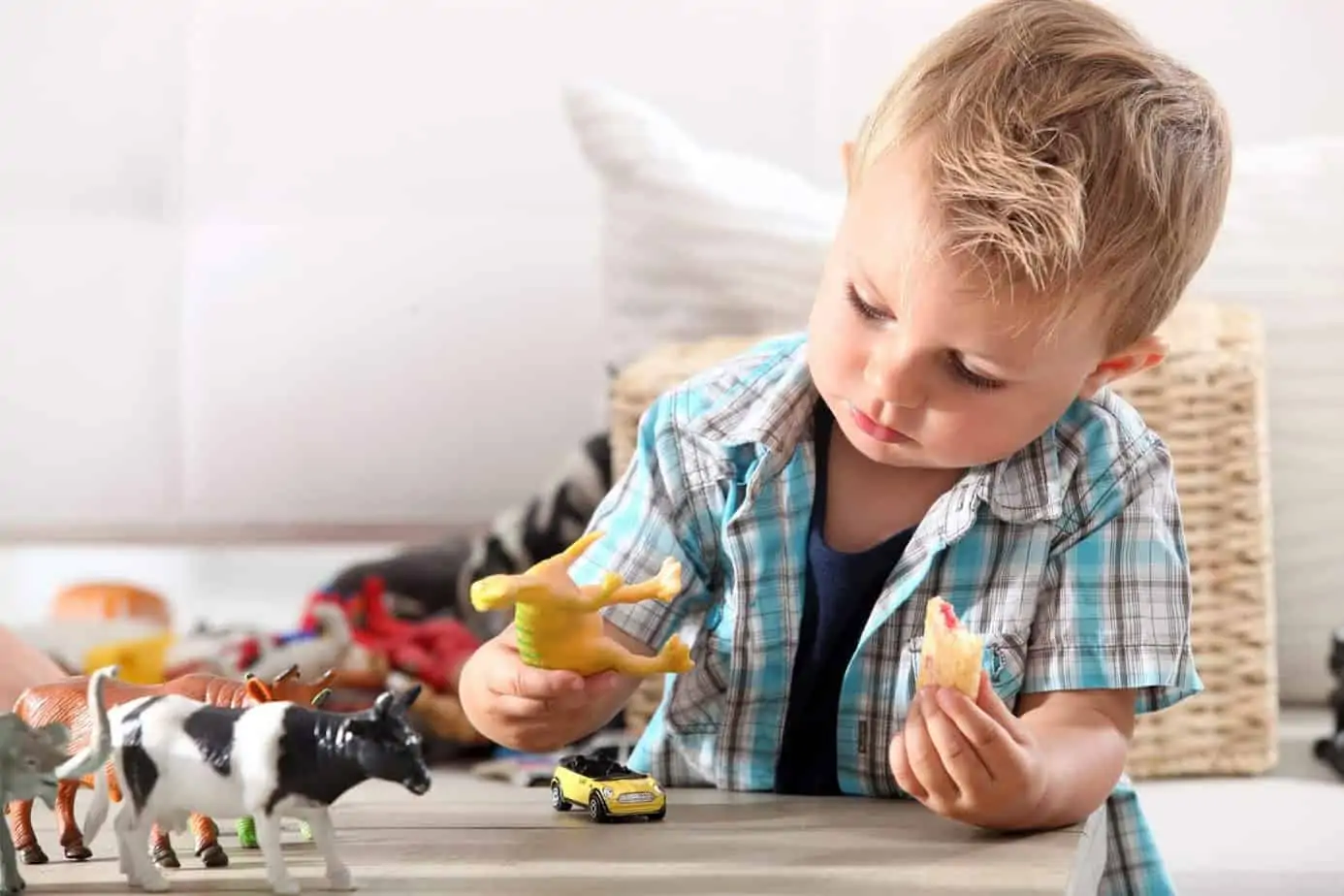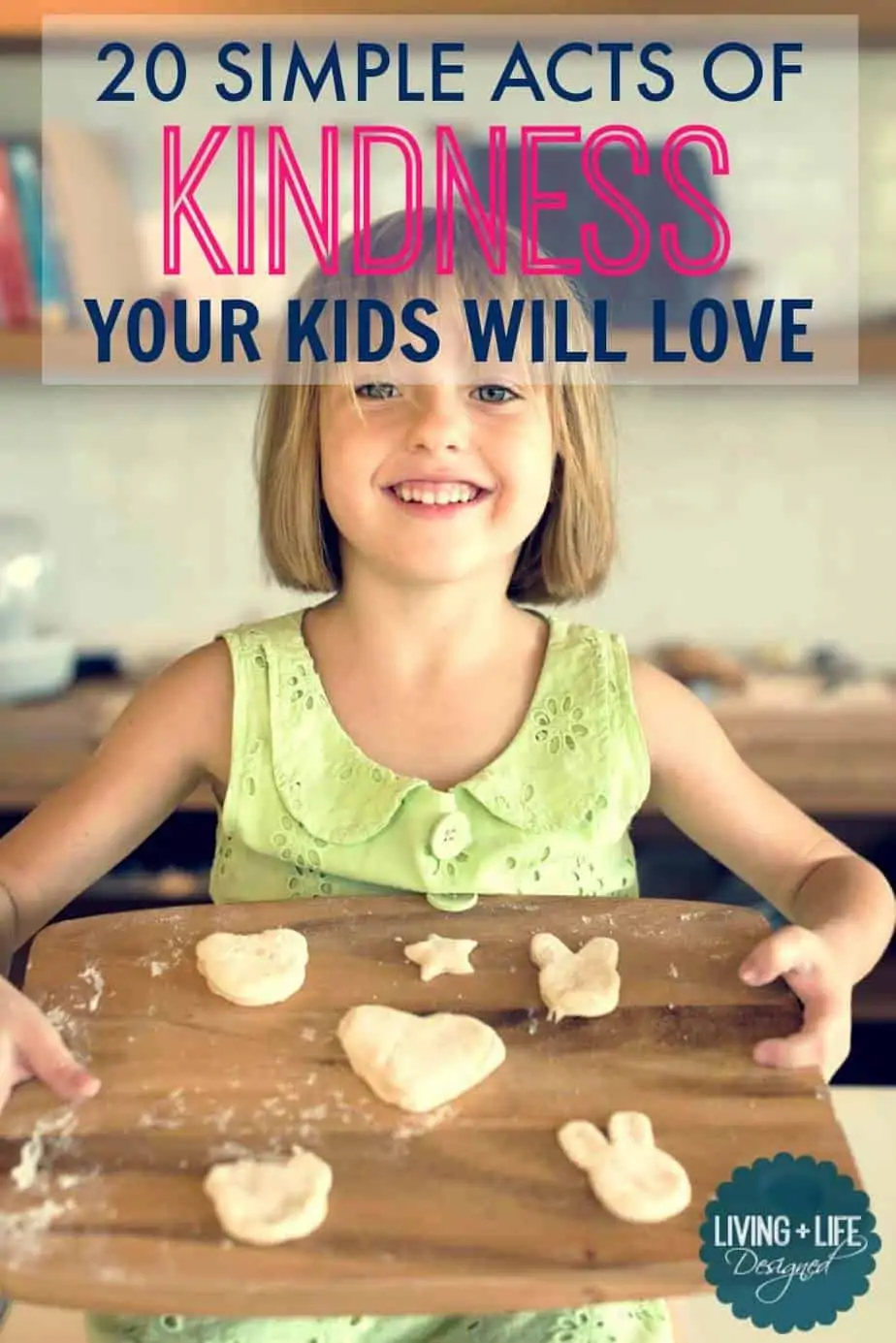The other night, my son rolled in the door — muddy from mountain biking, sweat-drenched, and grinning like he had just conquered Everest.
The time he was supposed to be home? Forty-five minutes earlier.
Dinner was cold, his phone was blowing up with my unanswered calls, and my stomach was somewhere between “he’s in a ditch” and “I’m going to ground him until he’s thirty.”
Instead, he waltzed in, tossed out a breezy, “What’s up?” like he hadn’t just shaved years off my life expectancy.
Everything in me wanted to snap.
To yell.
To lecture until he regretted every pedal of that bike ride.
But here’s the thing: yelling doesn’t actually teach responsibility. Logical consequences do.
So instead of blowing up, I said calmly, “You missed curfew. We’ll talk tomorrow. Get ready for bed.”
And the next day, we did. No yelling. Just facts and a consequence: curfew moved up by 30 minutes for the rest of the week and he lost some screen time on his phone.
He followed through, and we reset back to normal.
No screaming match.
No slammed doors.
Just accountability.
That’s the power of logical consequences. They’re clear, respectful, and they teach instead of punish. Let’s break down how they work — and the strategies that actually stick with teens.
What Are Logical Consequences for Teens?
Logical consequences are discipline tools that directly connect your teen’s behavior to a related, reasonable outcome.
They’re not about random punishment. They’re about showing your teen how their choices impact themselves (and others), while still preserving respect and connection. We’ve been doing this for years so it’s not surprise, but the types of consequences have evolved as they’ve gotten older.
Why Logical Consequences Work for Teens:
- They teach personal responsibility
- They cut down on power struggles
- They feel fair, not random
- They give teens a way to earn back trust
12 Logical Consequences That Actually Work
I know ya’ll want to know about how to make “the punishment fit the crime” so I’ve put together a bunch of examples of what has worked in our family, and that I also see being helpful in my practice.
Enforcing consequences is always (always) the hard part for parents. Especially for children of the boomer generation, where consequences tended to be harsher and involved physical punishment, our generation I’ve seen and talked with other practitioners about, tends to swing the oppositre directions towards a gentle parenting approach. However, we cannot let things slide and have to teach about consequences now, or else the repercussions as kids turn into adults, will be much harsher.
-
Natural Consequences: Let Life Be the Teacher
Natural consequences happen when you step back and let life do the teaching. These aren’t punishments—they’re simply the direct outcomes of choices. Teens hate lectures but reality speaks louder than anything you could say.
Why it works: Teens are much more likely to adjust their behavior when they directly feel the effects of their decisions.
Examples:
- If they stay up until 2 a.m. scrolling, they’ll be exhausted at school the next day.
- If they forget their soccer cleats, they’ll sit out practice.
- If they don’t pack a lunch, they’ll be hungry until they get home.
-
Loss of Privileges (Directly Connected)
When teens misuse a privilege, the consequence is losing that exact privilege. This keeps it logical, not random or unfair.
Why it works: Teens see the direct link between their actions and the privilege, which makes the lesson stick without resentment.
Examples:
- Misused the car by not checking in? Car keys are off-limits for a few days.
- Left dirty dishes in the living room repeatedly? Eating outside the kitchen is off-limits for a week.
- Used their phone at midnight? Phone charges in the kitchen at night for the next week.
-
Earlier Curfew for Late Nights
If your teen misses curfew, the logical consequence is that curfew gets earlier. This teaches responsibility without turning it into a lifelong sentence of grounding.
Why it works: Teens can clearly see the connection between their lateness and reduced freedom. It’s temporary but firm.
Examples:
- Thirty minutes late one night? Curfew moves up thirty minutes for three nights.
- Missed curfew and didn’t answer calls? Earlier curfew until they demonstrate better communication.
- Chronic lateness? Require a written plan for how they’ll get home on time.
-
Rebuilding Trust With Actions, Not Just Words
“Sorry” doesn’t cut it when trust has been broken. Rebuilding requires consistency and responsibility.
Why it works: Teens learn that trust isn’t automatic—it’s earned through follow-through.
Examples:
- Lied about where they were? Require them to share detailed plans for outings.
- Snuck out? More frequent check-ins until trust is restored.
- Broke a big family rule? Create a “trust rebuild” plan together with clear steps.
-
No Work, No Play
Privileges and fun come after responsibilities are met. This keeps the household running smoothly and removes nagging.
Why it works: Teens quickly learn that freedom is earned, not given, and responsibilities come first.
Examples:
- Homework must be done before going out with friends.
- Chores completed before using the car.
- Laundry folded before hopping on video games.
- Missing a sports practice if chores or homework wasn’t done on time.
-
Extra Responsibilities to Make Things Right
If your teen makes a mess or causes a problem, they’re responsible for fixing it—and sometimes a little extra.
Why it works: It teaches ownership and empathy by connecting their actions to how they impact others.
Examples:
- Tracked mud into the house? They mop the floors and clean the entryway.
- Left the bathroom a disaster? They clean it and keep it tidy for the week.
- Broke a sibling’s belonging? They replace it or do that sibling’s chores.
-
Electronics Timeout
Electronics are a huge motivator for teens. Removing them, but in a short and direct way, can reset behavior without turning it into a war zone.
Why it works: The consequence feels immediate and relevant but doesn’t escalate into resentment.
Examples:
- Snuck the phone at night? You lose your phone for a day or two and the phone has to be turned in at a specific time to parents.
- Broke the no-phone-at-dinner rule? No electronics for the evening.
- Used disrespectful language online? Devices stay off until respectful behavior returns.
-
Over-Correction: Fix It Plus One
This is about making things right—and then some. If a teen disrupts the household, they take responsibility by doing extra.
Why it works: It drives home the point that actions have ripple effects, while also restoring order.
Examples:
- Left clothes all over? They do laundry for the whole family that weekend.
- Made a mess in the kitchen? They clean it and organize the pantry.
- Snapped at a sibling? They apologize and take over that sibling’s chores for a day.
-
Job Card Grounding
Instead of endless grounding, create “job cards” with meaningful tasks. Your teen earns privileges back by completing them.
Why it works: Teens feel in control of earning back freedom, while the family benefits from the completed tasks.
Examples:
- Missed an assignment? They pick a job card: garage cleanup, pantry organization, vacuuming the car.
- Talked disrespectfully? They complete one job respectfully before regaining privileges.
- Slacked off at home? They choose several jobs to earn back more freedom.
-
Loss of a Planned Outing
Sometimes the most effective consequence is missing out on something they were looking forward to. (They are also one of the hardest to follow through on, so be prepared!)
Why it works: It creates a natural pause for reflection without needing a lecture.
Examples:
- Ignored house rules? The sleepover gets canceled.
- Didn’t do their chores all week? No mall trip on Saturday.
- Ongoing disrespect? They skip the concert they wanted to attend.
-
When-Then Statements
“When-then” statements eliminate nagging. They put the responsibility on your teen — if they do the thing, then they get the privilege.
Why it works: It creates structure while giving teens control of the outcome.
Examples:
- “When your homework is turned in, then you can go out.”
- “When your laundry is folded, then you can use the car.”
- “When you show respect, then we can revisit your request.”
-
Family Repair Agreements
When conflicts are bigger or patterns repeat, create a collaborative repair plan with your teen.
Why it works: It builds mutual respect, encourages problem-solving, and helps teens feel heard.
Examples:
- After a blow-up, sit down together and ask: “What could we both do differently next time?”
- Write out a checklist of expectations and privileges they want to earn back.
- Create a plan that includes steps for rebuilding trust and how you’ll revisit progress.
Discipline That Teaches, Not Punishes
Parenting teens is a balancing act — being firm without being harsh, keeping calm while still holding boundaries.
Logical consequences give you a way to discipline without yelling, preserve connection, and raise kids who learn from mistakes instead of resenting the punishment.
So next time your teen strolls in late—or forgets their responsibilities—you won’t just have frustration. You’ll have a plan. One that teaches accountability and strengthens your relationship.
And honestly? That’s the sweet spot every parent is looking for.
FAQs About Logical Consequences for Teens
What’s the difference between natural consequences and logical consequences?
- Natural consequences happen without you stepping in—like forgetting homework and dealing with a zero. Logical consequences are created by parents to connect the behavior with a related outcome, like losing phone privileges for texting during class. Both are effective, but logical consequences give you more control when safety or respect is involved.
Do logical consequences really work with teens?
- Yes—because they’re fair, connected, and respectful. Teens are quick to call out “unfair” punishments, but logical consequences remove that battle. When they see that their choice directly caused the outcome, they’re more likely to take responsibility instead of blaming you.
How are logical consequences different from punishment?
- Punishment is often random and focused on making the child “pay.” Logical consequences are purposeful, tied directly to the behavior, and meant to teach responsibility. For example: forgetting to clean up a mess and losing the privilege of eating outside the kitchen is logical. Grounding them for a month is punishment.
What if my teen doesn’t care about the consequence?
- Pick something that directly ties to the misbehavior. If they don’t care about losing the TV, but they do care about the car keys or their phone, use that. The consequence has to matter to them—not to you. And remember: consistency matters more than severity.
Are logical consequences too “soft” for teens?
- Not at all. Logical consequences are firm, consistent, and fair. They hold teens accountable without damaging the relationship. Harsh punishments may bring temporary compliance, but logical consequences teach long-term responsibility.
Can I use logical consequences with younger kids too?
- Yes, but you’ll need to simplify them. Younger kids respond well to “when-then” statements or natural consequences (like forgetting a jacket and feeling cold). As they grow, you can shift to more structured consequences that involve trust, privileges, and responsibility.
What if my teen breaks the same rule over and over?
- Repeat issues usually mean the consequence isn’t meaningful enough—or the teen doesn’t know how to succeed. In this case, revisit your consequence, involve your teen in creating a repair plan, and focus on consistency. Logical consequences work best when they’re enforced the same way every time.
Do logical consequences help teens build independence?
- Absolutely. Logical consequences teach teens that their choices have weight. Instead of you being the constant enforcer, they learn how to connect actions to outcomes, which is a crucial life skill they’ll carry into adulthood.
Here’s More for Teens & Parents of Teens:
- Positive Parenting: How to Use Positive Discipline Effectively
- Smart Screentime Rules: Guiding Kids & Teens in the Digital Age
- Helpful Tips On How To Deal With A Disrespectful Teenager
- Navigating Puberty: Tween/Teen Hormonal, Physical, Emotional Changes
Want even more?
Shop All Parenting Resources
Shop all of our parenting resources from self-regulation tools and managing big emotions to building self esteem and confidence. There are resources for all seasons of life!






